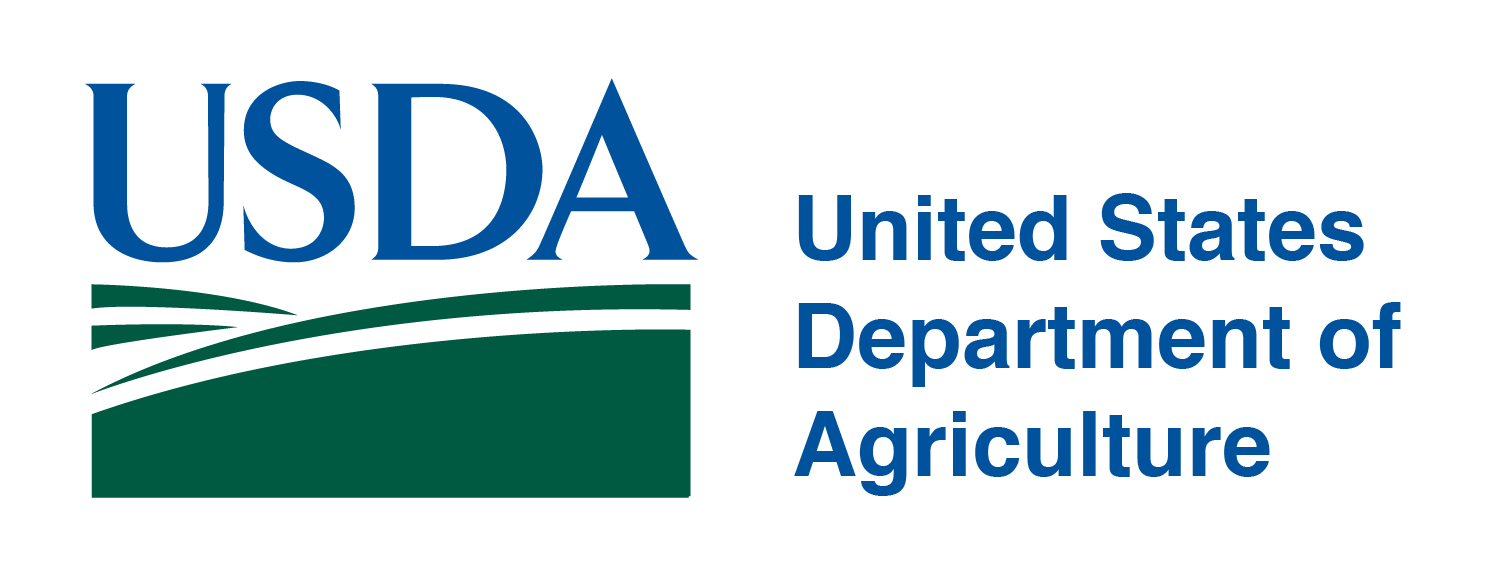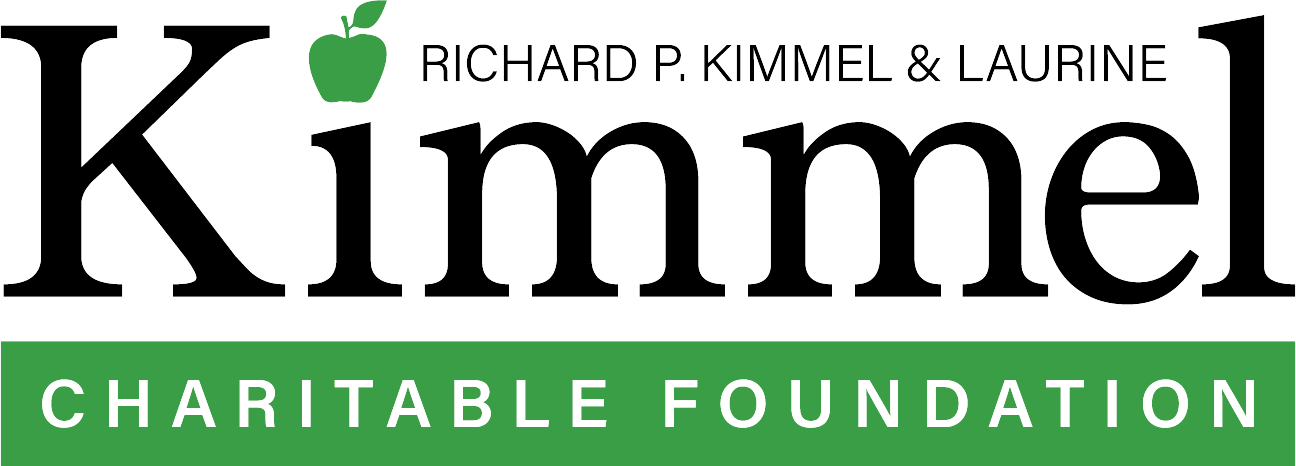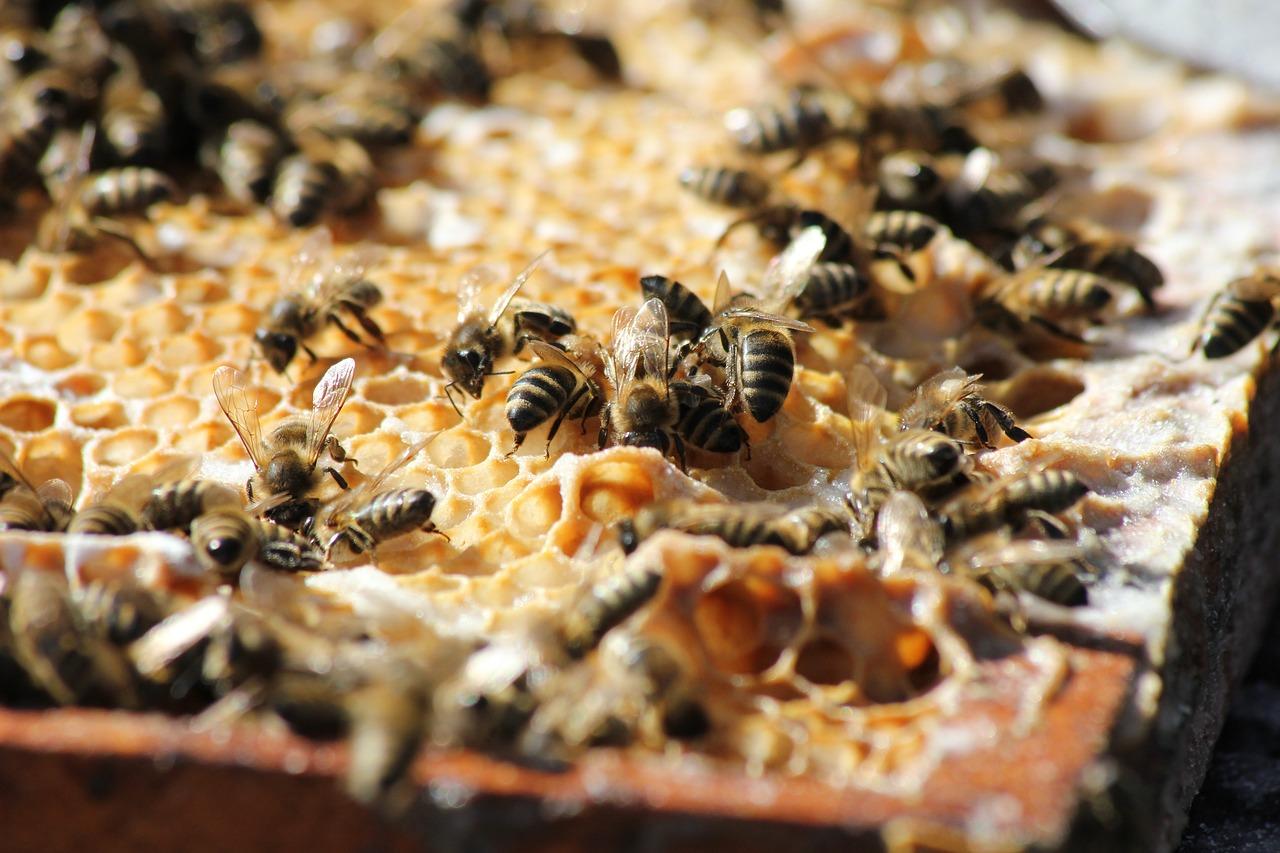The Great Plains Master Beekeeping program is a collaborative group of beekeepers spanning the great plains region and integrating beekeeping organizations from Wyoming, Nebraska, Kansas, Michigan, Iowa and Missouri. The program is highly dependent on extension professionals and experienced beekeepers to bring their expertise and knowlege to both new and advanced beekeepers. If your state or organization is not listed, please see our "Partners" tab for more information on how to join the program.
Purpose
The Great Plains Master Beekeeping Program will provide training, education, outreach, and mentoring for beginning and advanced beekeepers that will improve colony survival and drive economic success. This program will focus on colony management, bee biology, pests, pathogens and other stressors, as well as land stewardship, business and marketing, and professional development. Great Plains Master Beekeepers will be both advanced in beekeeping knowledge as well as being competent advocates for bees.
Partners
Our partners are an integral part of the Great Plains Master Beekeeping program. Partner associations provide a base for members of the program to meet and share their knowledge with a community of beekeepers near them. Partner Associations also provide courses and outreach opportunities for members of the regional Great Plains Master Beekeeping program.
Funding
This program was begun on USDA NIFA Beginning Farmers and Rancher Development program funds. We are continually working on long term funding support from both institutions and beekeepers themselves. If you are interested in helping please click HERE.
Funding Partners:

USDA (BFRDP)

Kimmel Foundation

Michigan Food and Farming Systems
(MIFFS)

Project Apis M
National Institute of Food and Agriculture
(NIFA)
Structure:
The training program is structured with multiple tiers (exploratory (0) , apprentice(1), journeyman(2), master(3) ) where participants may advance to higher levels at their own pace to refine their knowledge and management skills. To advance levels, beekeepers must meet a set of educational, field training, and volunteer or mentoring service requirements designed to build off the knowledge and skills gained from the previous level(s). The flexibility of this system allows us to address state-specific needs and demands and will also make it easier to expand and be adapted in other states. Exploratory classes are not required to progress through the program.
Levels
Apprentice (Kept bees for 1-2yrs)
This level focuses on basic training for colony management which includes starting colonies, health assessments, honey production, and overwintering to improve survival rates of honey bees.
Education Credits: Complete learning objectives 1.1-1.20, and take 1 in person course to advance
Volunteer Hours: 10hours per year (20 hours cumulative)
Field Hours: 20 hours
Pass multiple choice exam
Cost: Free to join.
Journeyman (Kept bees for 2-4yrs)
This level focuses on training that refines management skills and promotes economic growth for the beekeeper.
Education Credits: Complete all Biology (B), Land Stewardship (L), & Professional Development (P) learning objectives, and at least 3 Business and Economics (E) and Management (M) learning objectives
Volunteer Hours: 20 hours per year, (60 hours cumulative)
Field Hours: 40 cumulative field hours and pass a field exam
Cost: $80 processing and testing fee.
Master Candidate (Kept bees for 5+yrs)
This level focuses on professional development for beekeepers as educators, communicators, and advocates for the beekeeping industry as well as improving their management and pest monitoring.
Education Credits: Complete all B, L, & P learning objectives, and at least 3 E and M learning objectives.
Education Credits: 15 additional ed. courses/learning series covering 1 of each focus area. A final Master Project is also required for full access to GPMB teaching resources.
Volunteer Hours: 20 hours per year, 40 every 2 years
Field Hours: 80 cumulative hours & pass field exam
Cost: $100 processing and testing fee renewed every other year
Certified Master
In order to complete the entirety of the GPMB program, a Master Project must be submitted to the Governing Committee (GC) by the level 3 certified beekeeper. Once Approved, the project will be completed within the guidelines agreed upon by the GC and beekeeper.
After submitting the final project as a Master, you will be recognized as a Certified Master. This level comes with following benefits:
- Full access to GPMB teaching resources
- A gift & Master Certificate
- Ability to teach Master level courses and below
- Option to run for Governing Committee seat
- Their project summary and picture in GPMB newsletter
FIELD TRAINING
Field training hours are required for each level of the Great Plains Master Beekeeping course. Field training exists so beekeepers are versed in the technical knowledge of how to keep bees, and in the subtle nuances of maintaining them. All the practical knowledge from workshops and courses will become more apparent when you experience the concepts inside of a living beehive. Ensure you are working with a beekeeping mentor from your association or club when you get started, especially since they must verify your hours to receive credit (if you need a mentor please reach out to your association or Great Plains Master Beekeeping).
Types of accepted field training:
- Working your own hives with mentor or other beekeeper
- Hive inspections/checks
- Extracting or harvesting honey
- Treating your bees
- Building equipment for your bees
- Processing beeswax or other hive products
Submit your Field Training hours HERE
IN-PERSON TRAINING/ WORKSHOPS
Beekeeping workshops are a validated method to get started beekeeping and refine your skills as you become more experienced. Workshops are offered through universities, bee clubs, associations, as well as individuals. The Great Plains Master Beekeeping program only allows credits from certified, credible beekeeping instructors to count towards your education. The scientific knowledge of bees and their behavior learned in workshops will get many beekeepers through difficult situations and provide a baseline to discuss novel ideas and strategies with other beekeepers. Staying current on your courses and continually involving yourself in education will allow you to stay up to date about the ever changing and wonderful world of bees. Please see the “Courses” tab for participating classes, their locations, and how to sign up.
ONLINE TRAINING
Online training can be done anytime, anywhere, so when your bees are not flying you can hop online and get more knowledge. Online training pairs with the in-person training at workshops, giving every GPMB member a second angle on similar subjects, and cements the core knowelege requirments to keep bees alive. You will also be tested at the end of each module, and level, on your retention of the curriculum so that your knowledge of bees can grow at your pace and style of learning.
Submit your In-Person Training HERE
VOLUNTEERING
Volunteering is a critical aspect of the Great Plains Master Beekeeping program because it promotes community involvement and builds experience as an advocate for bees. Advocating for bees to the public will make beekeeping a more central topic and push changes at a larger level that can benefit the entire beekeeping community. Volunteering also bolsters your confidence as a beekeeper as you become more engaged with your community. You can volunteer through bee associations or even reach out to the Great Plains Master Beekeeping program and get set up with outreach events near you. Just remember to have a mentor or someone to contact that can vouch for your service.
Volunteer Hours can be earned by:
- Speaking to a civic group, school, 4-H, or other group about bees, beekeeping, or pollination.
- Participating in an interview for a radio, TV, or newspaper story about beekeeping.
- Assisting an individual in preparing a state or county fair exhibit (regarding bees or beekeeping).
- Speaking to a club about some aspect of beekeeping.
- Assisting with a state or national beekeeping meeting.
- Serve as an officer in a beekeeping club or association.
- Spending time working an educational display or exhibit regarding bees or beekeeping.
- Organize a new bee club or association.
- Write a newspaper, magazine, or newsletter article about some aspect of beekeeping.
- Teach an exploratory level beekeeping class (Journeyman/Master level).
- Teach a beginning beekeeping class (Master level only).
*volunteer hours performed prior to participating in the master beekeeping program cannot be claimed.
Submit your volunteering hours HERE
Help Support the Program
Please consider donating to the UNL Bee Lab to help support this program and others like it. It is with your support that we can continue to offer programs that provide training, education, outreach, and mentoring for beginning and advanced beekeepers that will improve colony survival and drive economic success.
Donate Today